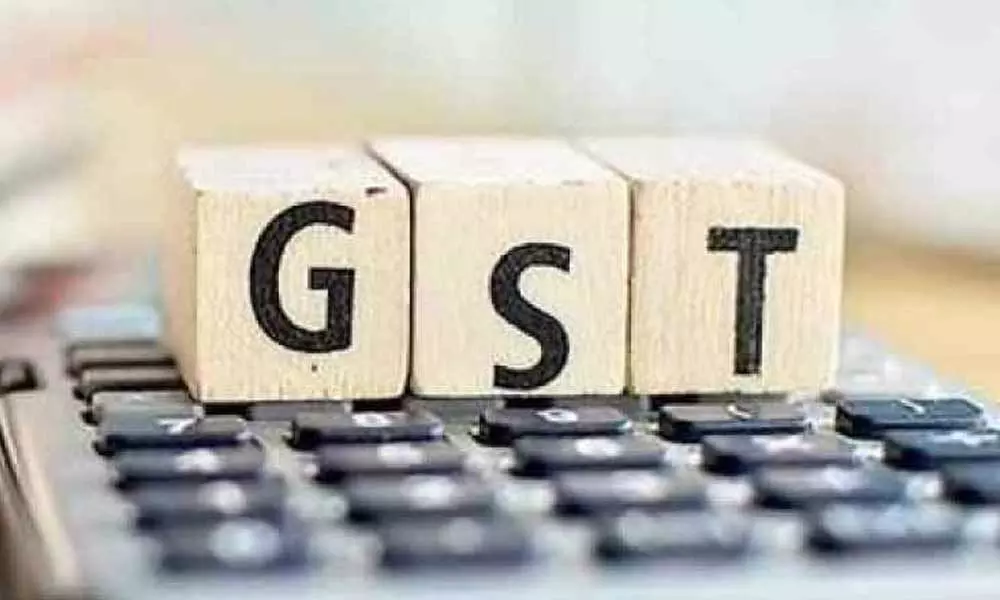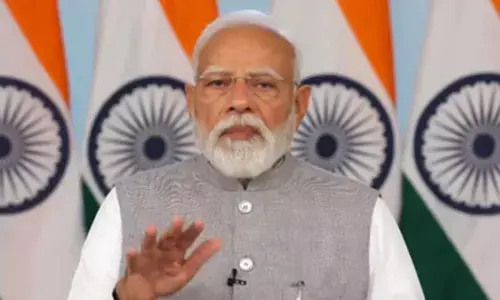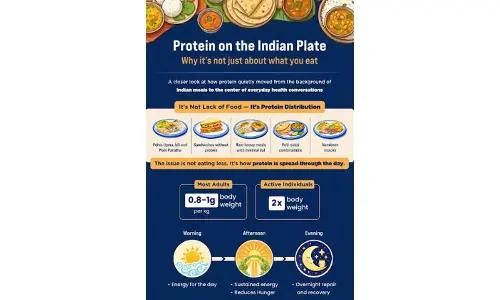Find out why experts suggest India adopt Singapore's 'GST voucher scheme'

The IRAS said the Singapore government has introduced several measures to help Singaporeans, especially lower-income households, cope with the impact of the GST.
SINGAPORE: Singapore's Goods and Services Tax (GST) voucher scheme should be adopted in India to bring huge positive impact for those in the lower and middle-income groups, say, tax experts.
"An interesting aspect of Singapore GST that can be adopted in India is the voucher system which provides benefits even to non-registered citizens of Singapore against the tax charged to them at the time of purchases made," said Rashmi Deshpande, partner, Khaitan & Co, a consultancy firm that has a pan-India presence.
She said there are three kinds of vouchers "Cash, MediSave and U-Save" being provided by Singapore to its citizens.
Cash vouchers provide for cash for immediate needs.
MediSave provides elderly Singaporeans aged 65 and above with benefits which will cover their medical expenses in the form of a top-up to their Central Provident Fund MediSave account, Deshpande explained.
U-Save provides lower and middle-income households with quarterly rebates to offset their utility bills, she said.
"In a country like ours where there is a huge population in the lower and middle-income groups, it will have a huge positive impact," Deshpande said.
Unlike Singapore where the lower-income group pays the exact same rate of GST as compared to the higher income group, the GST voucher scheme in India will help bridge the gap in terms of tax rates, she added.
"In addition, the presence of such a scheme will also ensure tax compliance in order to avail the voucher benefits," Deshpande said.
According to the Inland Revenue Authority of Singapore (IRAS), which implements taxes in the island nation, GST is implemented as a 'multi-stage' tax where the tax is collected at every stage of the production and distribution chain.
In its response to PTI on GST, the IRAS said the Singapore government has introduced several measures to help Singaporeans, especially lower-income households, cope with the impact of the GST.
"For instance, the government absorbs GST on publicly subsidised education and healthcare, and has put in place a permanent GST voucher scheme to help Singaporeans offset some of their GST expenses," it said.
GST has been a stable source of revenue, contributing to a diversified base of government revenue for funding public goods and services, the IRAS said.
The single GST rate of seven per cent is collected on most goods and services supplied in Singapore to keep the tax system simple.
India has multiple tax slabs under the GST.
Another tax expert, Gunjan Mishra of L&L Partners, said at present, to the extent that the GST is embedded in the retail price of goods and services supplied to consumer, lower-income consumers pay the GST in the same way as all other consumers.
"Thus, the taxation of goods and services consumed by lower-income Indians under the GST raises some moral imperative issues for the government.
As a measure of relief to the lower-income households, the government should consider introducing GST voucher scheme, akin to Singapore, to help cover some of their GST expenses," she said.
The GST voucher provided to lower-income households will enable the government to facilitate defraying GST expenses, Mishra said.
"This would represent a substantial benefit to the lower-income Indians relative to their treatment under the existing Income Tax law," she said.
The government should undertake an assessment of the impact of GST on the lower-income class for determining eligibility criteria for the GST voucher, the form of assistance, and the extent of assistance to be provided under the GST voucher scheme, Mishra said.










